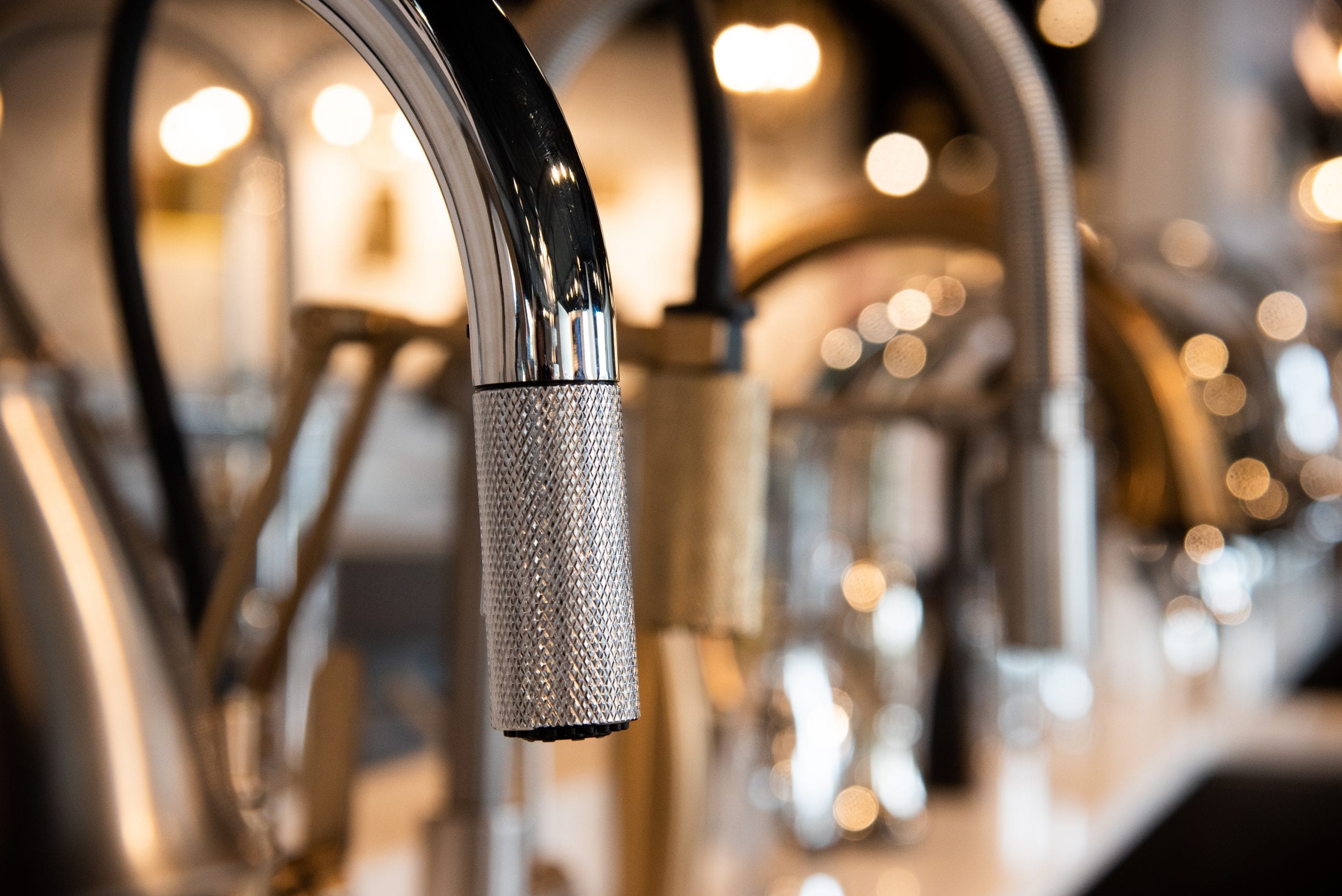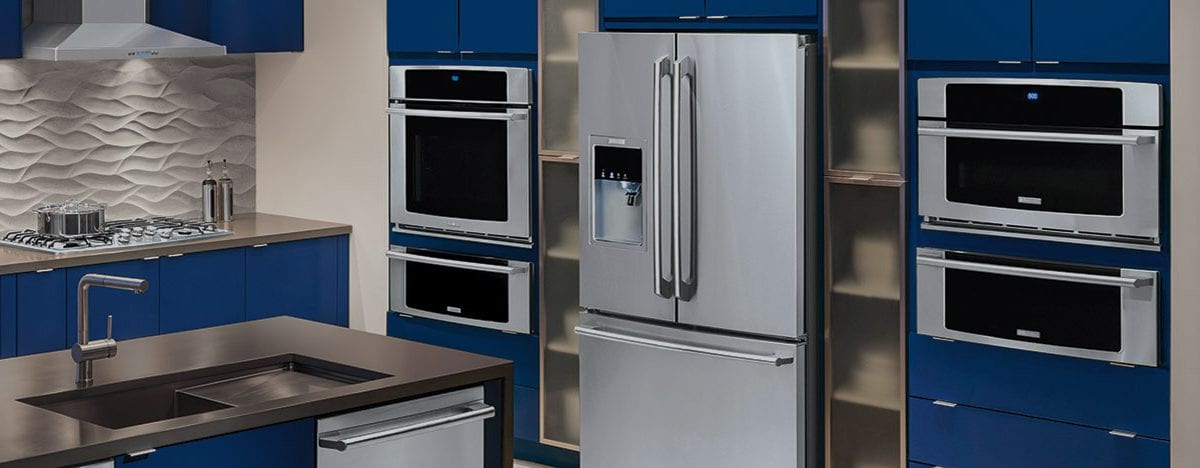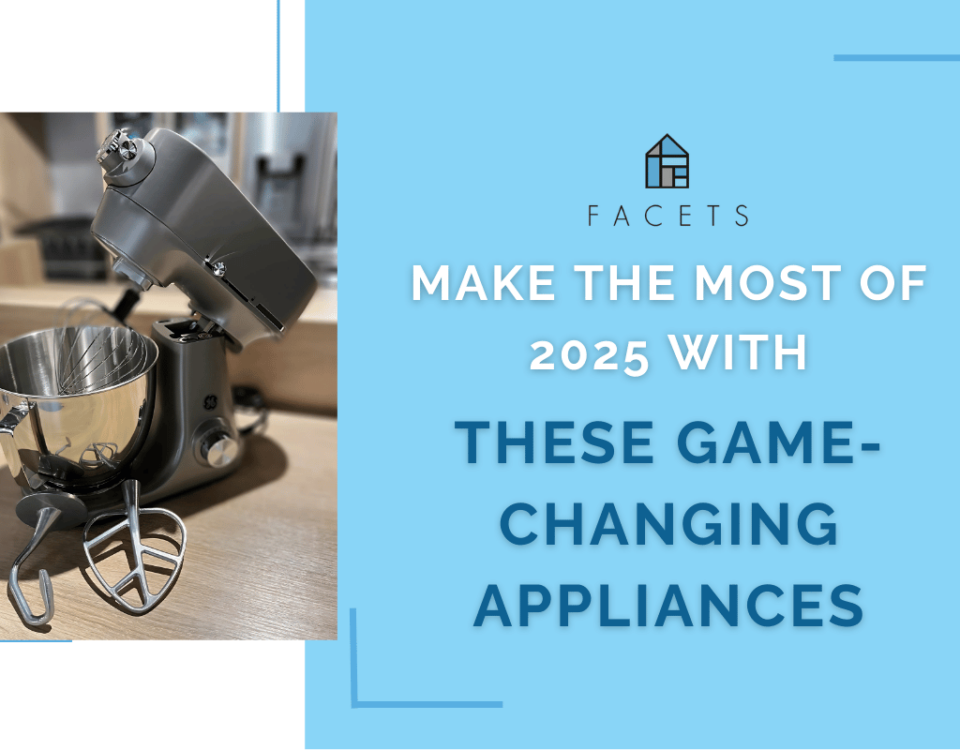
5 Popular Hanging Light Fixtures of 2020
December 28, 2020
Kitchen Innovation in Kitchen Faucets
January 14, 2021OH NO! That sudden bang or thud means a broken appliance! Whether it be your refrigerator, stove, washing machine, or any other appliance, they are bound to break down at some point. When it does happen, you will need to either repair the damaged appliance or buy a new one. But, which do you choose? Should you trust your mechanical skills or trust the professionals to install a new appliance? At what point is fixing your appliance too expensive, and at what point will DIYing help fix your current appliance more efficiently? Here are some things to consider when asking yourself this question.
When your appliance breaks, sometimes it is quicker and more cost-friendly to have the device repaired instead of purchasing a completely new one. Once you get a reputable repair professional to provide you a quote, if that price is less than 50% of the appliance cost, then it may be worth it to repair. Also, if your appliance is still covered under a manufacture or extended warranty that covers repairs, it may be worth it to repair your appliance. Repairing will usually save you money over buying a new appliance, and you will create less waste than having to dispose of your broken appliance. Lastly, if your broken appliance is newer than half of the life span of the appliance, then it may be worth it to repair.
The Average Lifespan of Home Appliances
So, what are the average lifespans of your appliances? Of course, these can vary by appliance and depending on the usage of such, but the average life cycles common appliances are as follows:
- Dishwasher: 9 years
- Disposal: 12 years
- Dryer: 13 years
- Electric Range: 13 years
- Freezer: 10 years
- Fridge: 13 years
- Gas Range: 15 years
- Microwave: 9 years
- Washer: 10 years
On the other hand, there are times when it is better for you and your budget to replace the broken appliance with a newer one. For example, if the appliance is older than about half of its lifespan, it may be time to replace the appliance. The older an appliance gets, the more likely it is that newer and updated versions of that appliance have been made. If repairs for this appliance have happened frequently, you may also want to buy a newer appliance. Sooner or later, parts for the older models become harder to find. If the parts are defective or broken, you may find yourself unable to order the replacement part. In those cases, you would buy a newer appliance. Lastly, if there are irreparable damages to your appliance, such as the problems below, you should consider buying new. Buying new would be much less work than attempting to fix these problems.
- Appliance is emitting smoke—especially in dryers
- Rust inside of the oven
- Compressor went out in refrigerator
Cost is a huge factor in this decision, of course. If fixing your broken appliance will cost over half of the price to buy a new one, you should consider buying a new one. Though the cost may be steep upfront, the newer product will likely be more energy efficient, saving you money in the long run. Also, with a new appliance comes a new warranty. So, should anything break on the new appliance, you may not need to pay for those repairs. Also, with a new appliance comes a new styling option for your home. If you like the style of a newer model, and your older model has broken down, it may be time to make the switch.
In summary, there are good reasons to both repair your broken device as well as replacing it. First, have a trained professional give you a quote on the repair costs, and compare that to the price of a new unit. Second, consider the age and condition of your older item versus a new one. Third, ask yourself if you want to keep the older one or if it is time for an upgrade in style. Your appliances are a huge investment, so choose wisely.



